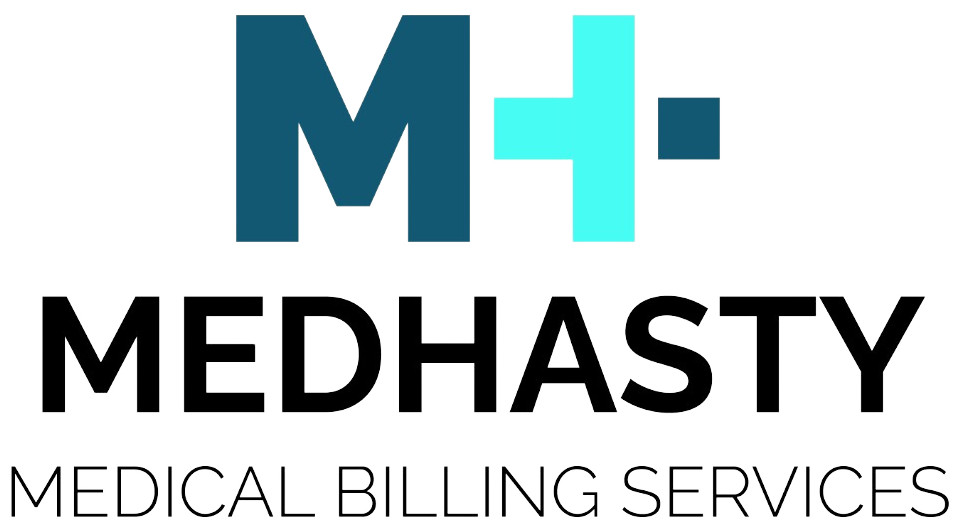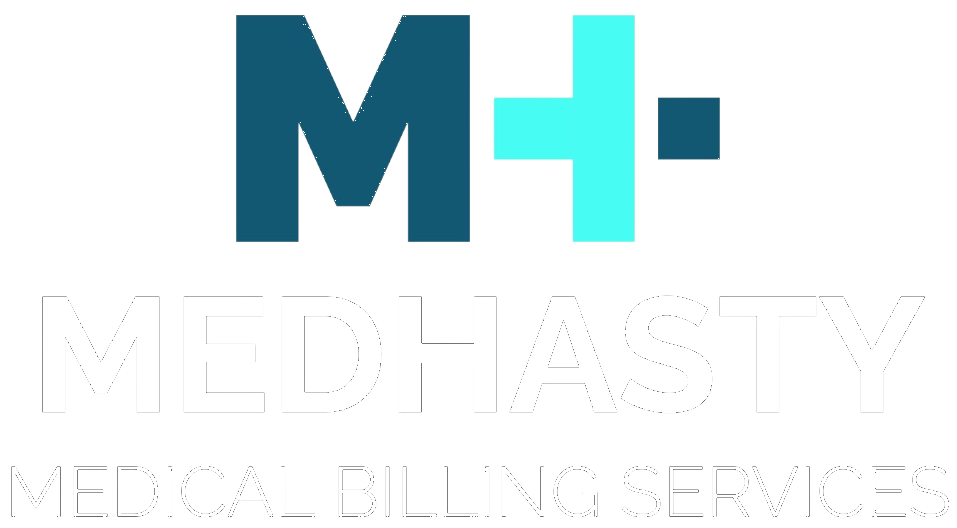In the complex world of healthcare, where patient care is paramount, another critical aspect often operates behind the scenes: medical billing. This process plays a pivotal role in the financial health and operational efficiency of healthcare providers, insurance companies, and ultimately, patients. Let’s delve into why medical billing is so essential in the healthcare sector and how it impacts various stakeholders.
Ensuring Financial Stability for Healthcare Providers
Revenue Generation: At its core, medical billing is about securing payment for the vital services healthcare providers deliver. Whether it’s a routine check-up, a complex surgery, or ongoing treatment, accurate billing ensures that healthcare facilities receive compensation for the care they provide. This revenue is crucial for covering operational costs, investing in technology and infrastructure, and maintaining high standards of patient care.
Optimizing Revenue Cycle Management: Efficient medical billing practices streamline the revenue cycle management process. From patient registration and insurance verification to coding and claim submission, each step is meticulously managed to minimize delays and maximize reimbursement. This helps healthcare providers maintain a steady cash flow and financial predictability.
Facilitating Access to Healthcare Services for Patients
Navigating Insurance Coverage: For patients, medical billing serves as a bridge to accessing healthcare services without facing prohibitive costs. Billing specialists verify insurance coverage, process claims, and communicate with insurance companies on behalf of patients. This ensures that individuals receive the necessary care while understanding their financial responsibilities, such as co-payments or deductibles.
Financial Transparency: Clear and accurate billing statements empower patients to make informed decisions about their healthcare options. By understanding costs upfront, patients can plan for medical expenses and prioritize their health needs. Transparent billing practices build trust between patients and healthcare providers, fostering a positive patient experience.
Upholding Compliance and Ethical Standards
Regulatory Adherence: Medical billing operates within a framework of strict regulations, such as those outlined in the Health Insurance Portability and Accountability Act (HIPAA). Compliance ensures the confidentiality of patient information and protects against fraud or misuse of healthcare funds. Billing professionals are trained to navigate these regulations, maintaining ethical standards and integrity in billing practices.
Coding Accuracy: Proper medical coding is essential for accurate billing. Healthcare services are translated into standardized codes that insurance companies recognize and reimburse accordingly. Coding specialists ensure that diagnoses, treatments, and procedures are documented correctly, reducing the likelihood of claim denials or delays.
Leveraging Technology for Efficiency
Advancements in Healthcare Technology: The integration of electronic health records (EHR) and automated billing systems has revolutionized medical billing processes. These technologies streamline administrative tasks, minimize errors, and accelerate claim processing times. Automation allows healthcare providers to focus more on patient care while improving overall operational efficiency.
Telemedicine and Remote Billing: The expansion of telehealth services has further evolved medical billing practices. Providers can now submit claims for virtual consultations and remote services, expanding access to care while navigating the complexities of billing across different modalities of healthcare delivery.
Conclusion
In conclusion, medical billing is not just about financial transactions; it’s a fundamental pillar that supports the entire healthcare ecosystem. By ensuring timely reimbursement, facilitating patient access to care, upholding regulatory compliance, and embracing technological advancements, medical billing contributes to a sustainable and patient-centered healthcare sector. As healthcare continues to evolve, the role of medical billing will remain indispensable in promoting financial stability, transparency, and efficiency across healthcare facilities, ultimately enhancing the delivery of quality care to individuals and communities worldwide.



